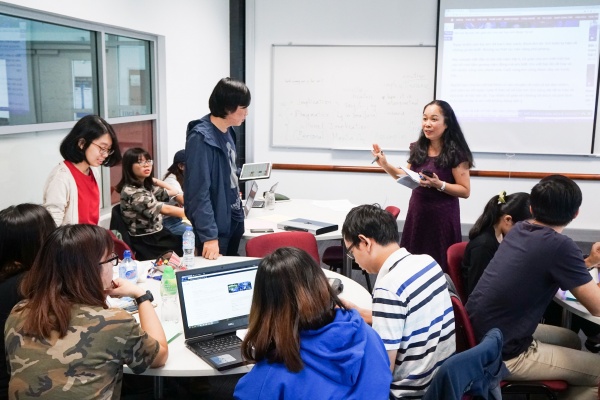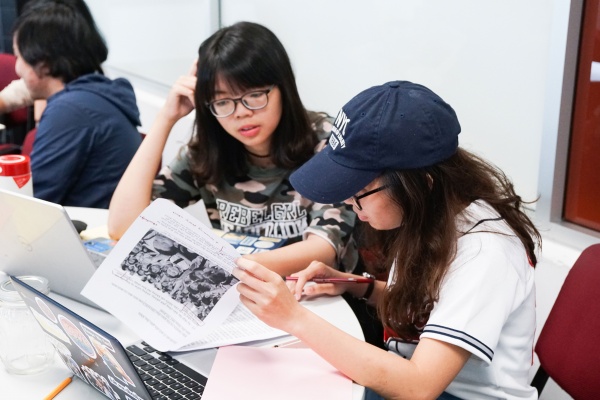Blended learning for future-ready communicators
Blended learning is reshaping how communication students learn, collaborate, and equip themselves for a rapidly evolving industry, according to academics from RMIT Vietnam’s School of Communication & Design.
Inclusive AI governance: Building Vietnam’s digital future for all
AI should not only drive efficiency and innovation but also empower individuals who have historically faced barriers, said Dr Abdul Rohman from RMIT Vietnam’s School of Communication & Design.
Rethinking design education through digital heritage
As global heritage faces threats from war, urbanisation and climate change, a race to digitise culture has emerged and Vietnam is beginning to find its place.
Jokingly serious: How Gen Z uses memes to discuss gender
To Gen Z, memes aren’t just silly entertainment – they're becoming a vehicle to express opinions about major social issues, such as gender debates.






